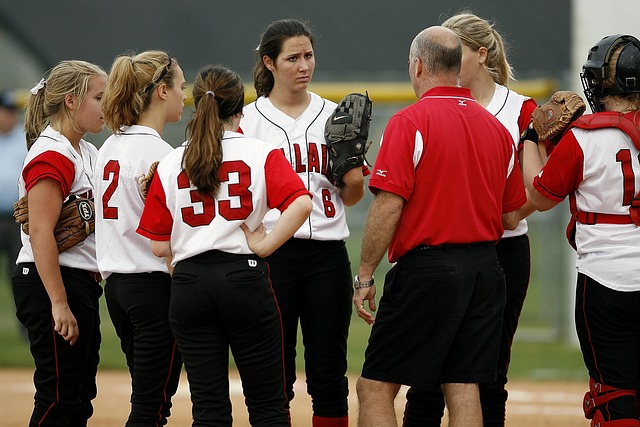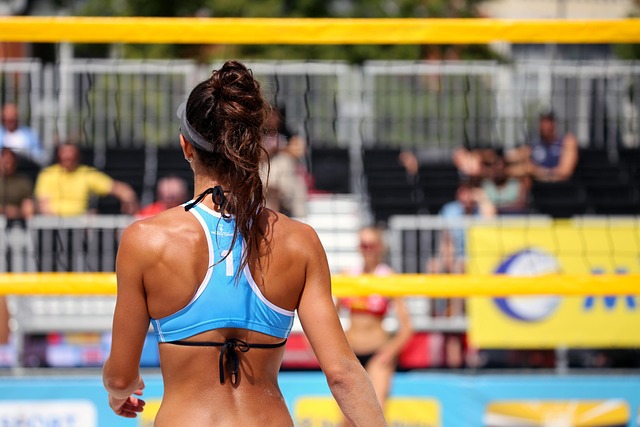In the dynamic and fast-paced world of eSports, the essence of teamwork and strategy cannot be overstated. Coaching a team is not merely about improving skills or implementing tactics; it’s about fostering a winning culture and creating an environment where each player feels valued and empowered. The right coaching team can make a monumental difference in how a group of talented individuals transforms into a cohesive unit capable of executing complex strategies under pressure.
Consider the various games that dominate the eSports scene today—titles like League of Legends, Dota 2, and Counter-Strike: Global Offensive. Each game demands a unique set of strategies, yet the underpinning philosophy remains consistent: communication. A good coach understands that success in eSports isn’t just about having adept players; it’s about having players who can communicate effectively, anticipate each other’s moves, and work towards a common goal.
A vital aspect of a coaching team is developing an in-depth knowledge of the game mechanics. Coaches need to analyze gameplay not just in terms of what went right or wrong, but also in understanding team dynamics and how players interact under various game scenarios. It is essential to break down team recordings, evaluate strategies deployed during matches, and reflect on how participants can improve their synergy. By thoroughly dissecting the competition, coaches can identify both strengths to leverage and weaknesses to address.
Moreover, fostering a positive team culture bolstered by trust and respect can enhance performance significantly. A successful coaching team works to establish relationships among players, creating bonds that go beyond the virtual battlefield. This encourages them to work together more effectively and helps them feed off each other’s energy, especially during high-stakes matches. When players feel like part of a family, they are more likely to remain committed to the game and persevere through challenges.
Incorporating mental coaching is another instrumental strategy for any effective coaching team. The psychological aspect of gaming often gets overlooked, yet it can be the deciding factor in high-pressure situations. A coach should provide players with tools to manage stress, build resilience, and maintain focus. Techniques such as mindfulness and visualization can empower players to stay calm and composed during intense matches. A mentally prepared team is a key ingredient in unlocking potential and enabling players to perform to the best of their abilities.
Training regimes should also adapt to individual needs within the team. Each player brings unique strengths and weaknesses to the table, and recognizing this can lead to personalized improvement plans that are more effective than a one-size-fits-all approach. Coaches must invest time in understanding what makes each player tick—some may thrive under rigorous practice schedules, while others might need more flexible arrangements to grow. By prioritizing individual growth, the entire team improves collectively.
Furthermore, blending innovative strategies with analytical feedback keeps a coaching team ahead of the curve. The gaming landscape is ever-evolving, and staying static can lead to obsolescence. Regularly updating training methods to reflect the latest developments in the gaming community can ensure that players are not only well-prepared to face current challengers but are also able to set trends themselves. This proactive approach to coaching can lead to groundbreaking strategies and define a team’s identity in the competitive arena.
Ultimately, coaching a team in the realm of eSports is akin to orchestrating a symphony. Each player has a role that contributes to the masterpiece, but it requires a skilled conductor to bring it all together. By instilling effective communication, trust, and resilience while allowing each player to shine, coaching teams can create a legacy of success and innovation in the bold universe of gaming.




